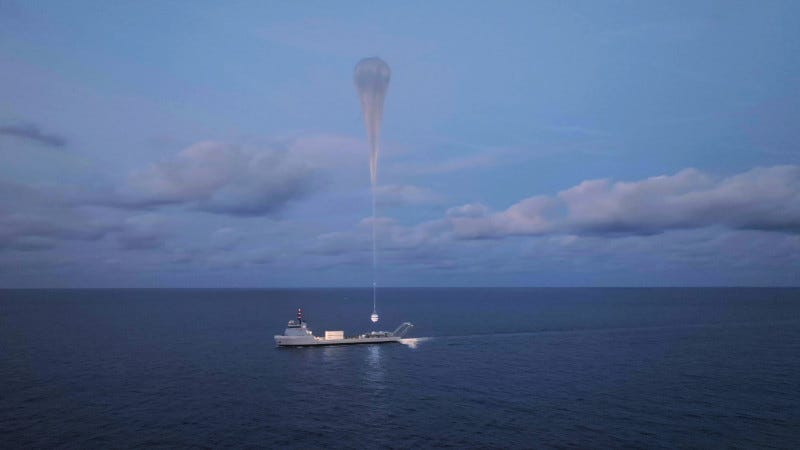Spaceship Neptune Completes Uncrewed Test Flight
September 15 Flight Marks Milestones in Space Tourism
An uncrewed flight test of the Space Perspective Spaceship Neptune took place last week off the coast of St. Petersburg, FL. The balloon-carried capsule completed a full flight profile, paving the way for a crewed flight test.
"This uncrewed flight not only proves our pioneering technology but also brings us a giant leap closer to…




